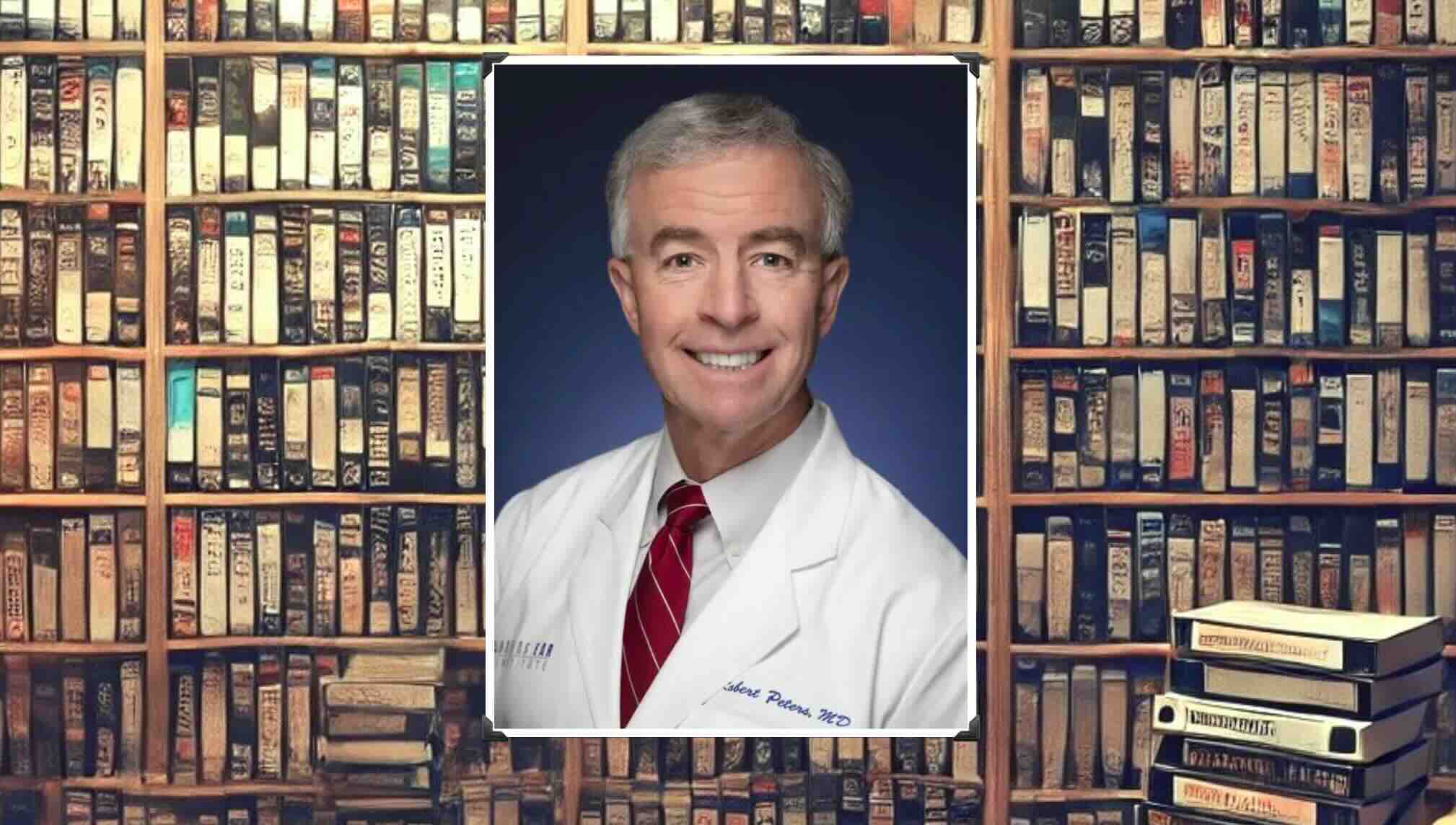
By Bob Peters, M.D.
Few surgeries are filmed. All are stored in our bodies as lived experiences.
Wouldn’t it be great if we could erase certain memories? Ones we most wish to forget may impact us
forever—our traumatic cases. Our saddest moments pop into our consciousness and seem to never
leave. But we can put cases in their proper places, learn from them, and ultimately become better
physicians. Nearing retirement, I wish to share what has helped me.
1. Feeling Grief. My most challenging first step was to fully and openly grieve patient experiences
stored in my library. To contemplatively sit with each tragedy; to see the patient as a person; to
remember them in context of their family—and do so non-judgmentally. I can think of no greater
shortcoming in modern medical training than our failure to give doctors the opportunity to feel sad.
Our fast-paced surgical training and machismo culture make it impossible to feel grief or gain
psychological tools to heal from inevitable trauma. Emotionally, we must fend for ourselves.
Grieving is rarely discussed among surgeons, so we assume denial or suppressing sadness is
effective. How wrong we are is confirmed by our high rates of substance abuse, depression, divorce,
cynicism—and suicide.
2. Learning Compassion. If we grieve well, one benefit is development of compassion for how hard
life is for all people. Self-compassion is essential for surgeons, especially if we blame ourselves for
bad outcomes, if we are stuck on repeat loop of “what if I had done such-and-such instead?” Our
videotape library can be a tyrant: harshly judgmental and full of uncaring accusations directed at our
own humanity. Of all people in our world, we have the hardest time extending grace and kindness to
ourselves. Surgical culture teaches us it’s weak and selfish to do so.
3. Asking Questions. Perhaps in time sad cases take their proper places and can make us more human. Since we cannot erase cases perhaps we should question how we categorize them in our library.
When did the sad part of our library start? How has our own family of origin or medical culture
contributed to tragedies in our library? What if sad memories are not our enemies? What if tragedy
has no intent to torment, judge, or criticize? What if our sad cases help us ask questions about how
we define medical care, how we categorize winning and losing? What if our sad category exists
because we do not see ourselves and our work accurately. As mutual sojourners with patients our
paths cross during medical crises. We do the best we can. As humans that’s all we can do.
4. Experiencing Joy. Embracing honesty while sorting through my own videotape library has given
me the gift of real joy. I cannot feel the joy of my amazing impact of my surgical career on the many,
if I unconsciously remain emotionally shut down in the sad outcomes of a few. Unhealthy tethering
to past tragedy leads to our negative distortion of our work and life’s purpose; it robs us of joy we’re
all meant to feel from our work—and appreciation our patients want us to feel. When a patient with
tears in their eyes thanks me for a successful surgery, I can never fully receive their love if I feel
unworthy of gratitude due to past tragedies infecting my mind. Being in denial or suppressing my
sadness only thwarts my experience of joy. As doctors, we desperately need joy—it’s our best
antidote to despair, cynicism, and suicide.
Dr. Peters has practiced pediatric & adult otology/neurotology for over 30 years at Dallas Ear Institute. Join him in our physician peer support group for a deeper discussion. Need help? Contact Dr. Wible.













